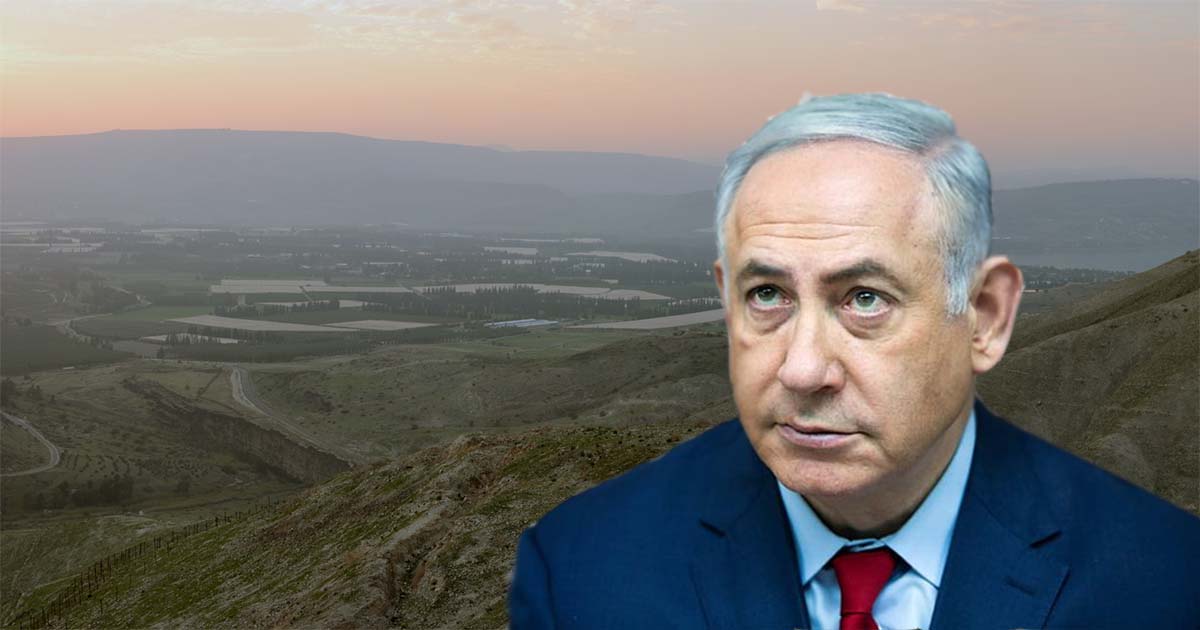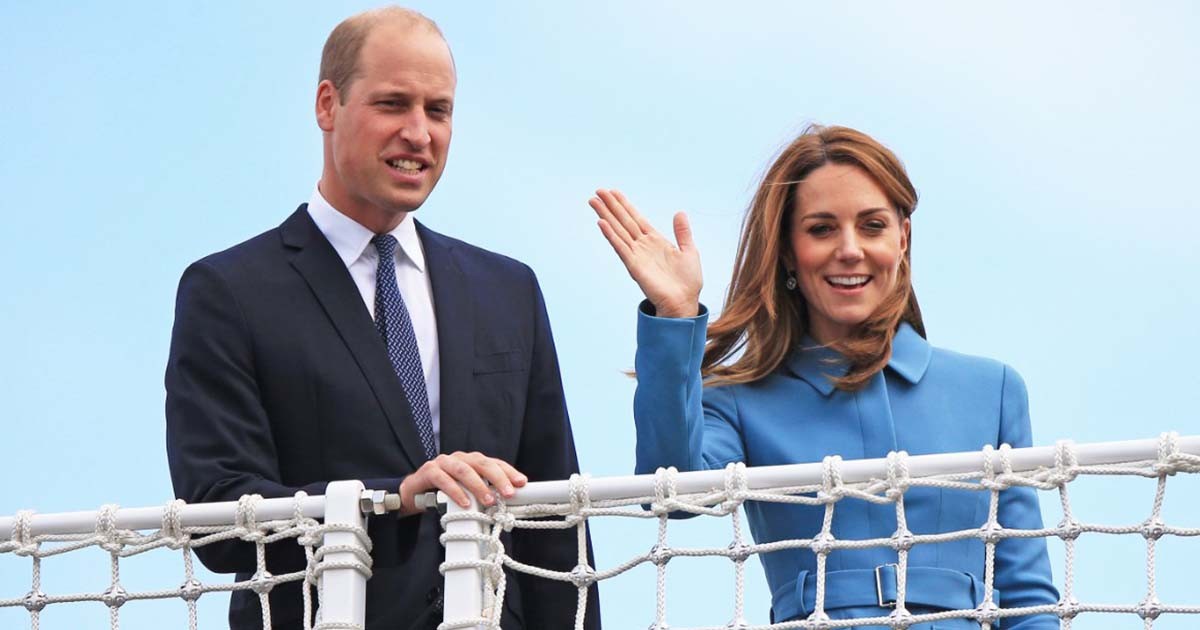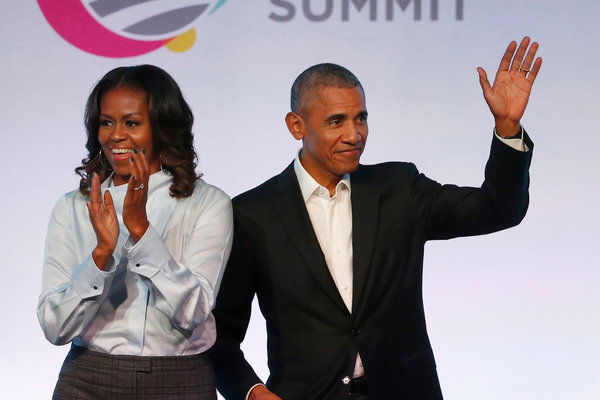Dozens of world leaders gathered at the United Nations on Monday to back the recognition of a Palestinian state, marking a historic diplomatic shift nearly two years into the Gaza war. However, the move faces fierce opposition from Israel and its key ally, the United States.
Macron’s Landmark Recognition of Palestine
French President Emmanuel Macron announced that France would formally recognize Palestinian statehood during a meeting convened with Saudi Arabia, becoming one of the most influential Western nations to take the step. Macron outlined a framework for a renewed Palestinian Authority, under which France would open an embassy provided certain conditions are met, including reforms, a ceasefire, and the release of hostages held by Hamas.
I declare that today, France recognizes the State of Palestine. pic.twitter.com/8kg6xukuO0
— Emmanuel Macron (@EmmanuelMacron) September 22, 2025
Other world leaders including Turkish President Tayyip Erdogan, Canadian Prime Minister Mark Carney, and UN Secretary-General Antonio Guterres also spoke at the event, calling for renewed global efforts to resolve the decades-long conflict.
🇵🇸 🇧🇪 “Belgium is giving out a strong diplomatic and political signal to the world today by joining the group of countries that announced the recognition of the State of Palestine.” pic.twitter.com/bO6HRgaJ7u
— State of Palestine (@Palestine_UN) September 22, 2025
Ahead of the UN General Assembly this week, Luxembourg, Malta, Belgium, and Monaco also joined the more than three-quarters of UN member states that already recognize Palestine. The UK, Canada, and Australia followed Macron’s earlier pledge and announced recognition on Sunday, giving momentum to a broader push for Palestinian statehood.
Israeli Opposition and Gaza Conflict
Israel’s far-right government, led by Prime Minister Benjamin Netanyahu, has repeatedly declared that there will be no Palestinian state. Finance Minister Bezalel Smotrich, a prominent far-right figure, announced plans to build more than 3,000 homes in the controversial E1 settlement project in the occupied West Bank. The project, frozen for decades due to international opposition, would link the Maale Adumim settlement to Jerusalem, effectively cutting off the West Bank from East Jerusalem — land Palestinians envision as the capital of a future state.
Read more: Who recognises the State of Palestine, who doesn’t, and why does it matter?
Smotrich defended the move as “Zionism at its best,” saying the land was a divine gift to the Jewish people. He dismissed recognition efforts by France and the UK, declaring: “There will be no state to recognise.”
The announcement comes as Israel continues its military offensive in Gaza, where local health authorities report more than 65,000 Palestinians killed since the war began following Hamas’s October 7, 2023, attack that killed around 1,200 people in Israel. The Israeli military has intensified a ground assault on Gaza City in recent weeks, with little prospect for a ceasefire.
Global Condemnation of Settlements
Israel’s settlement plans have drawn sharp criticism from the UN, EU, and key Western allies. A spokesperson for the EU said: “The EU rejects any territorial change that is not part of a political agreement between involved parties.”
As more Western states join the world majority in recognizing the State of Palestine, it must be clear: recognition increases the obligation to actively respect Palestine’s rights to: non-interference, territorial integrity, self-defence from illegal occupation, end of genocide. https://t.co/jlMNYu95y7
— Francesca Albanese, UN Special Rapporteur oPt (@FranceskAlbs) September 22, 2025
UK Foreign Minister David Lammy also condemned the E1 proposal, warning it would divide a future Palestinian state in two and constitute “a flagrant breach of international law.” Meanwhile, the US State Department reiterated its position that a “stable West Bank keeps Israel secure and is in line with this administration’s goal to achieve peace in the region,” though Washington stopped short of openly supporting Palestinian recognition.
Read more: Trump to meet muslim Leaders on post-war future of Gaza at UN
The question of Palestinian statehood has long been at the heart of the Israeli-Palestinian conflict. Since the Oslo Accords of the 1990s, international consensus has supported a two-state solution, with Israel and Palestine coexisting side by side. However, repeated rounds of negotiations have failed, derailed by violence, disputes over borders, settlements, and the status of Jerusalem.
Currently, around 700,000 Israeli settlers live in 160 settlements in the West Bank and East Jerusalem — territories considered occupied under international law. The expansion of these settlements has been one of the main obstacles to peace.
While recognition by major powers such as France, the UK, and Canada marks a significant diplomatic shift, analysts caution that it may not immediately change realities on the ground, where violence continues and Israel remains adamantly opposed to Palestinian statehood.
Story by Reuters with additional input by GVS














